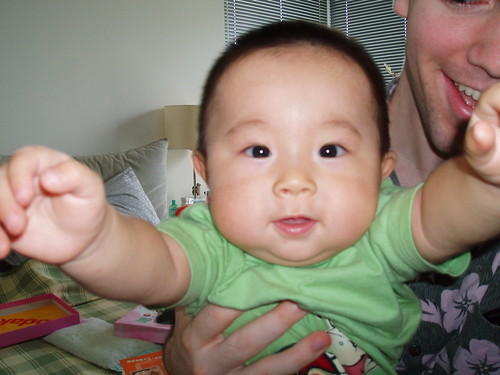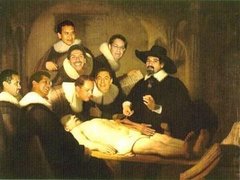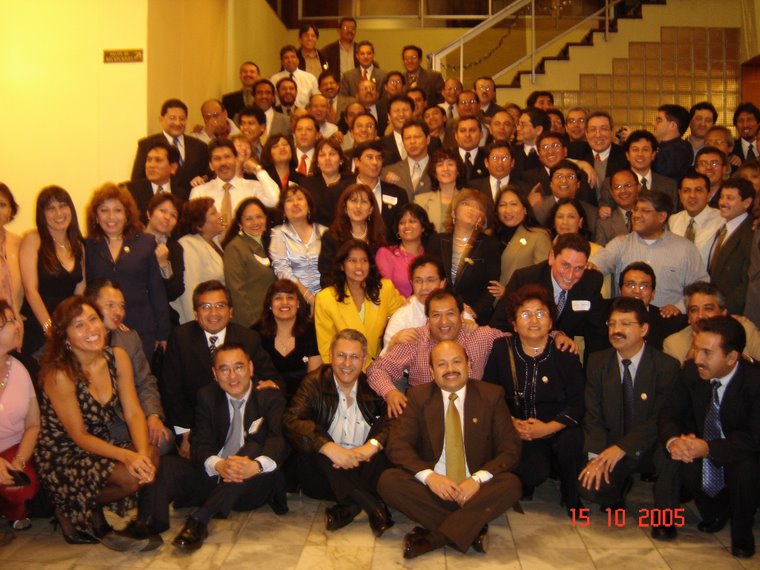The Opinion Pages | Op-Ed Contributor
Why Do Doctors Commit Suicide?
By PRANAY SINHA
NEW HAVEN —
TWO weeks ago, two medical residents, in their second month of residency training in different programs, jumped to their deaths in separate incidents in New York City. I did not know them, and cannot presume to speak for them or their circumstances. But I imagine that they had celebrated their medical school graduation this spring just as my friends and I did. I imagine they began their residencies with the same enthusiasm for healing as we did. And I imagine that they experienced fatigue, emotional exhaustion and crippling self-doubt at the beginning of those residencies — I know I did.
The statistics on physician suicide are frightening: Physicians are more than twice as likely to kill themselves as nonphysicians (and female physicians three times more likely than their male counterparts). Some 400 doctors commit suicide every year. Young physicians at the beginning of their training are particularly vulnerable: In a recent study, 9.4 percent of fourth-year medical students and interns — as first-year residents are called — reported having suicidal thoughts in the previous two weeks.
Hospitals and residency programs recognize the toll residency takes on the mental stability and physical health of new doctors. In 2003, work hours were capped at 80 hours a week for all residency training programs. Residents are provided confidential counseling services to help cope with stress. My residency program offers writing workshops and monthly reflection rounds. We have a wellness committee that organizes social events such as bonfires on the beach and visits from therapy dogs.
But despite these efforts, people still fall through the cracks. While acute stress, social isolation, pre-existing mental illness and substance abuse may be obvious factors to consider, we must also ask if there are aspects of medical culture that might push troubled residents beyond their reserves of emotional resilience.
There is a strange machismo that pervades medicine. Doctors, especially fledgling doctors like me, feel pressure to project intellectual, emotional and physical prowess beyond what we truly possess. In his famous essay “Aequanimitas,” Sir William Osler, who founded the first American residency program at Johns Hopkins Hospital in 1889, stressed the importance of equanimity in a physician.
While steadiness in tense situations is an important quality for doctors to have, I believe that the imperturbability that Osler extolled has been misinterpreted to a dangerous degree. We masquerade as strong and untroubled professionals even in our darkest and most self-doubting moments. How, then, are we supposed to identify colleagues in trouble — or admit that we may need help ourselves?
Interns are often bewildered at how rapidly things change for us from May to July. As medical students, while we felt compelled to work hard and excel, our shortfalls were met with reassurances: “It will all come in time.” But as soon as that M.D. is appended to our names in May, our self-expectations skyrocket, as if the conferral of the degree were an enchantment of infallibility. The internal pressure to excel is tremendous: After all, we are real doctors now.
In fact, very little about us changes, apart from our legal ability to prescribe medications. But meanwhile, our workload increases along with the expectations and demands we place on ourselves. Most fourth-year medical students are expected to take care of four patients at a time. But within a month of graduation, without any additional training or practice, we are required to have a comprehensive understanding of up to 10 patients on any given day.












No hay comentarios.:
Publicar un comentario